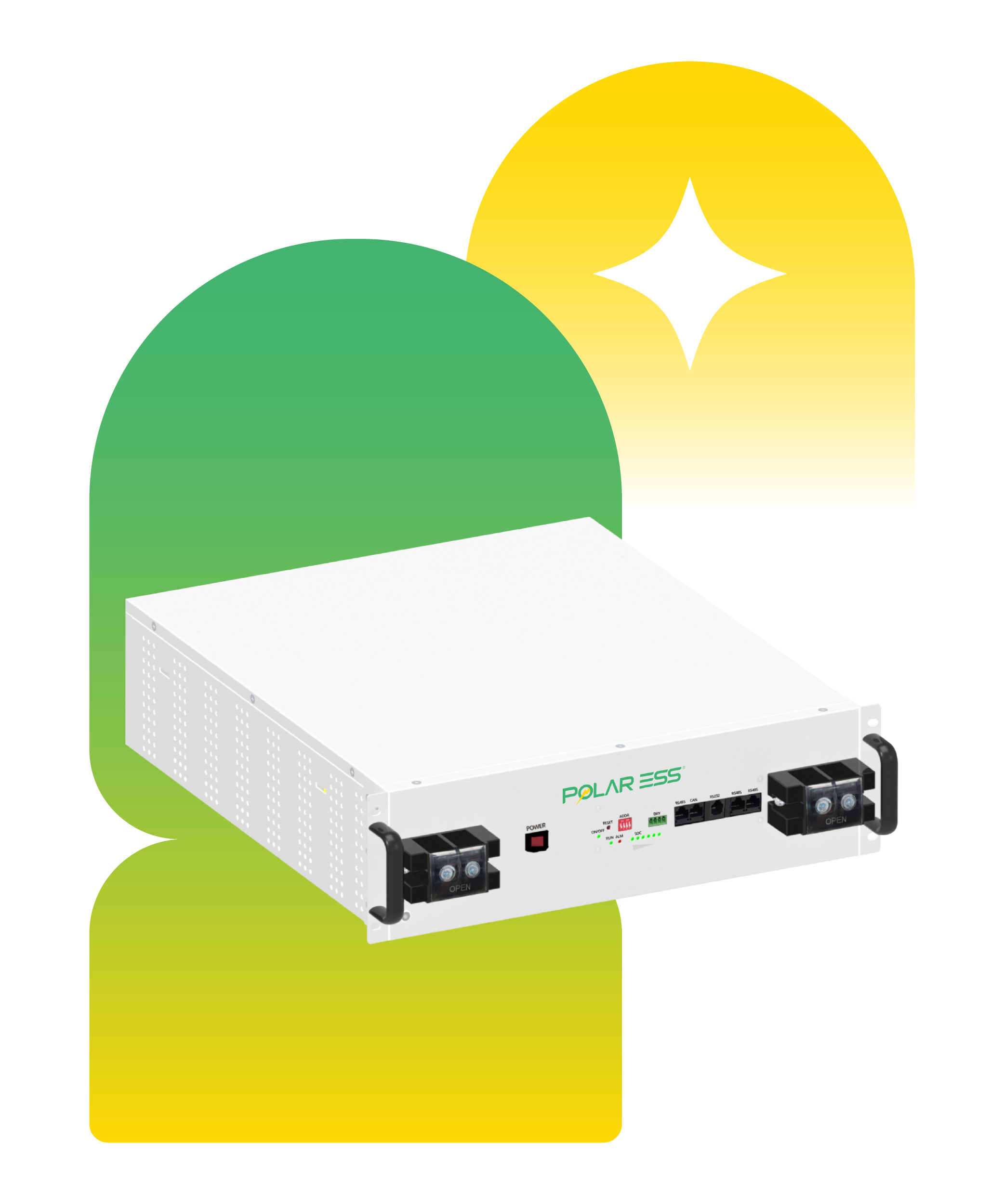With the increasing demand for energy storage solutions, lithium iron phosphate (LFP) batteries have emerged as a promising technology. This article aims to provide an in-depth analysis of LFP batteries and their significance in the industry.
The Advantages of LFP Battery Technology
Lithium iron phosphate (LFP) battery technology has gained significant attention due to its numerous advantages. Firstly, LFP batteries offer enhanced safety features compared to other lithium-ion battery chemistries. The inherent stability of iron-phosphate chemistry reduces the risk of thermal runaway and ensures a higher level of operational safety.
Secondly, LFP batteries exhibit excellent cycle life performance, making them suitable for long-term applications such as electric vehicles and renewable energy storage systems. These batteries can endure thousands of charge-discharge cycles without significant capacity degradation.
Furthermore, LFP batteries have a wide operating temperature range, allowing them to perform efficiently even in extreme weather conditions. Their ability to operate at both high and low temperatures makes them ideal for various applications across different climates.
BESS Battery Energy Storage System Integration with LFP Batteries

The integration of Battery Energy Storage Systems (BESS) with LFP batteries has revolutionized the energy sector by providing reliable grid-scale storage solutions. BESS utilizing lfp battery technology offers several advantages over traditional fossil fuel-based power plants.
Firstly, BESS with LFP batteries enables efficient load balancing by storing excess electricity during periods of low demand and releasing it during peak hours when demand is high. This helps stabilize the grid and reduce reliance on expensive peaker plants that are often environmentally unfriendly.
Find more about bess battery energy storage system.
In addition, BESS integrated with lfp battery technology facilitates seamless integration of intermittent renewable energy sources like solar or wind power. The ability to store excess renewable energy during periods of high generation and discharge it when the demand exceeds supply ensures a more reliable and sustainable energy system.
The Future Potential of LFP Battery Technology
Lithium iron phosphate (LFP) battery technology is poised to play a significant role in shaping the future of energy storage systems. As advancements continue, LFP batteries are expected to become even more cost-effective, further driving their adoption across various industries.
Moreover, ongoing research aims to enhance the energy density of LFP batteries while maintaining their safety features. This would enable greater capacity within smaller form factors, making them suitable for portable electronics and electric vehicles with longer ranges.
In conclusion, LFP batteries offer numerous advantages such as enhanced safety features, excellent cycle life performance, and wide operating temperature range. When integrated into BESS systems or utilized individually, they provide efficient and sustainable solutions for grid-scale storage and other applications. With continuous advancements in technology, the future holds immense potential for further improvements in LFP battery technology.

